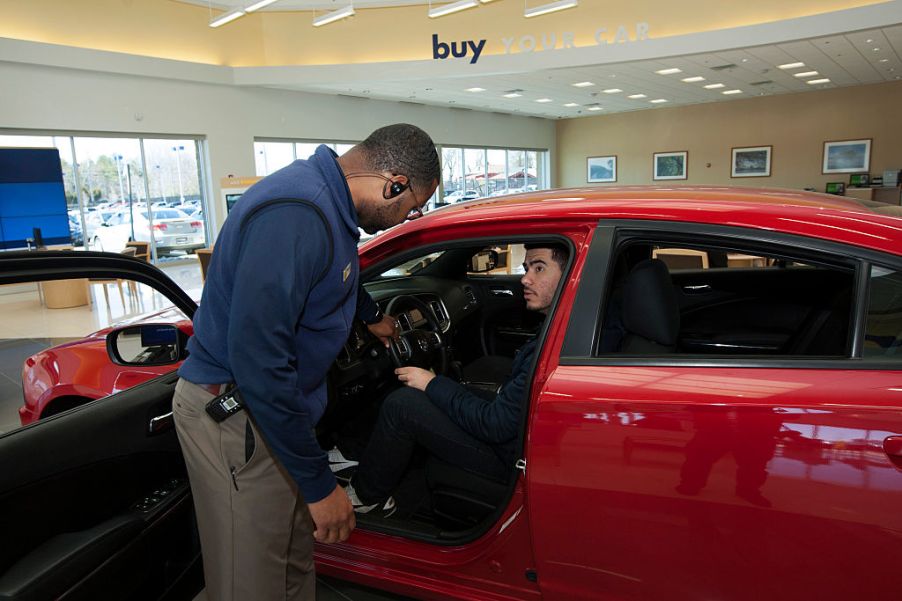
Millennials Aren’t Hurting the Auto Industry Like People Thought
Over the years, there’s been a lot of press about how millennials are putting an end to the auto industry. After the Great Recession, many young people between the ages of 16 and 35 began to live in their parents’ homes post-school, rely on rideshare companies like Uber and Lyft to get around, and even delayed getting their driver’s licenses.
As 2020 approaches, however, experts are realizing that millennials aren’t hurting the auto industry so much after all. Let’s break down this generation’s true impact on car shopping and how we drive them.
Millennials end car culture?
By 2013, news sources like the New York Times stated the millennial aversion to buying cars would likely cause the auto industry to go under. It explained that, between 2007 and 2011, the age group most likely to buy a car had shifted from the 35-to-44 group to the 45-to-59 age group.
The U.S. Public Interest Research Group saw a 23% decrease in driving among young people (ages 16 to 34) between 2001 and 2009. With statistics like these, the future of automakers looked grim.
Millennial car buyers: recent data
However, data from 2017 and onward indicates that those negative statistics about millennials were based largely on circumstances. A dire economy, stagnant job market, and record-breaking student debt caused many younger millennials to live in urban areas and rely upon friends, rideshares, and public transportation.
However, recent data suggests aging millennials show more potential for investing in the auto industry. Citylab reports that millennials are, in fact, driving quite a lot. A good 10 years after the onset of the economic downturn, millennials’ financial circumstances are improving. This generation is moving out of their parents’ homes, getting jobs, getting married, and having kids — all behaviors associated with buying cars.
In fact, the median adjusted household income for millennials, according to CNBC, is $85,000 — more than what most younger adults earned in the last 50 years.
Millennials are buying new cars now while Baby Boomers are purchasing less. Experian research, via the Detroit Bureau, shows that millennial purchases made up 22.2% of new U.S. car purchases for the first quarter of 2017, rising 29.7% for the first quarter in 2018.
Meanwhile, baby boomers’ new car purchases dropped from 38.7% to 34.1% between 2017 and 2018. This makes millennials responsible for almost a third of U.S. new car purchases in 2018.
Best-selling new cars for millennials
In 2015, Automotive News reported that 80% of millennials planned to buy a car in the next five years, and current trends continue to indicate this. However, millennials are buying less expensive cars, like sedans, rather than SUVs.
This pattern suggests they may not be as concerned with status symbols like luxury cars, a behavior commonly associated with baby boomers. Forbes explained that the three top-selling cars for millennials are currently the Honda Accord, the Nissan Altima, and the Honda Civic.
While many millennials still struggle with long-term debt, statistics show that this generation is “growing up” in many ways. As a result, they will continue to buy cars. The fact remains, while millennials are buying more sedans, rather than SUVs, they aren’t hurting the auto industry — they’ll likely help it.


